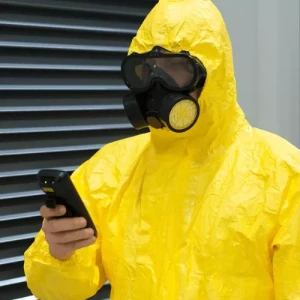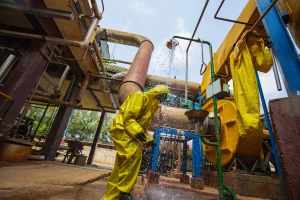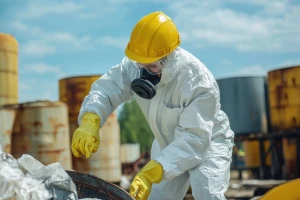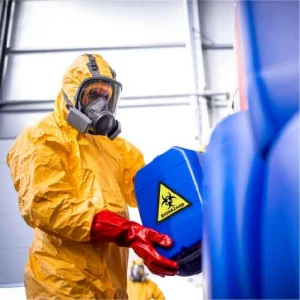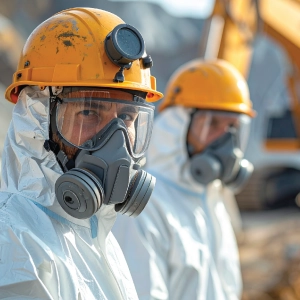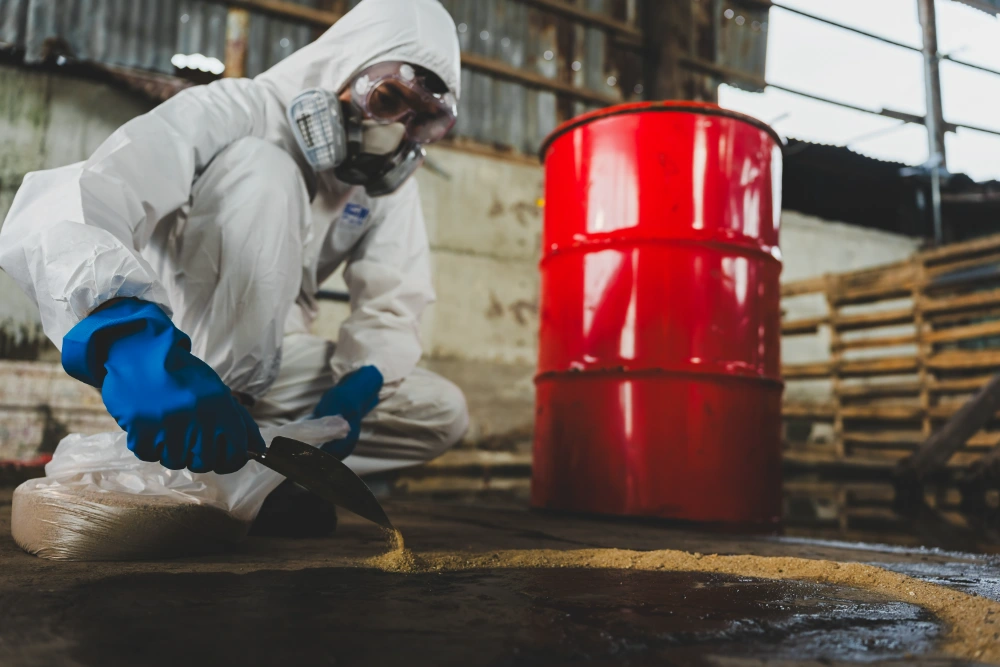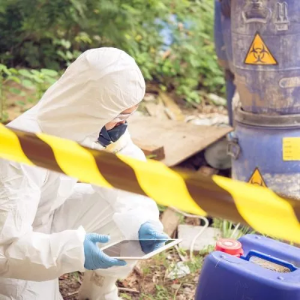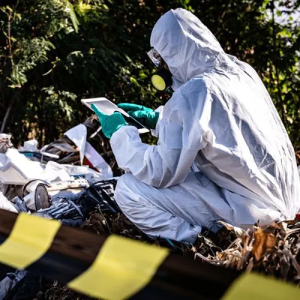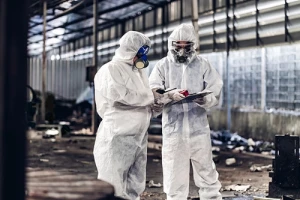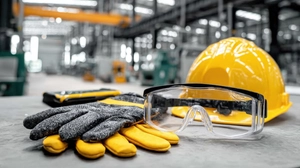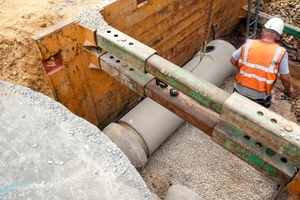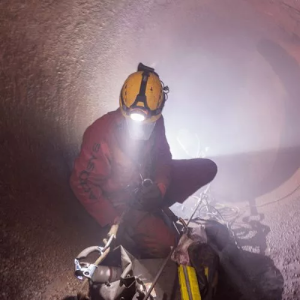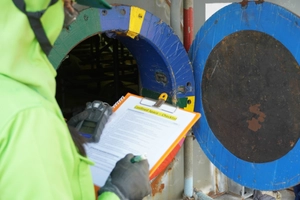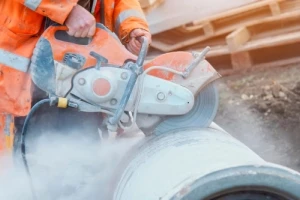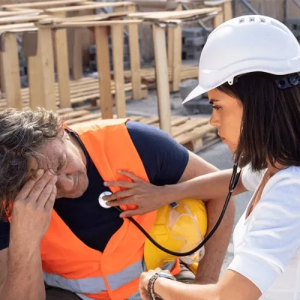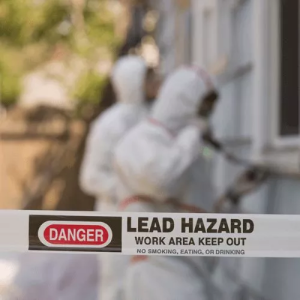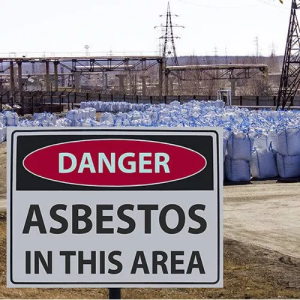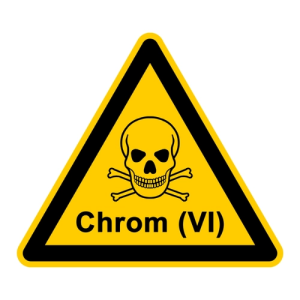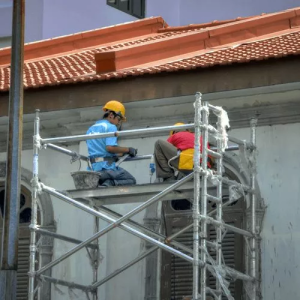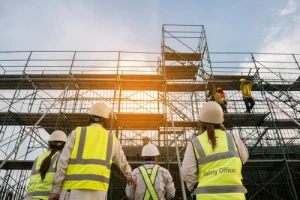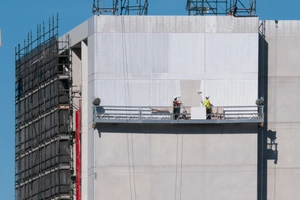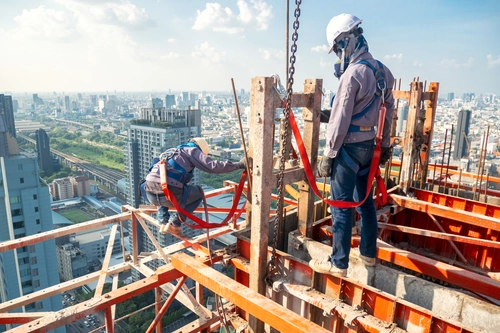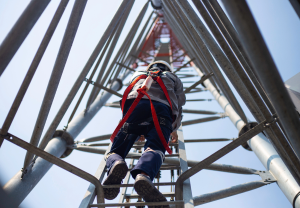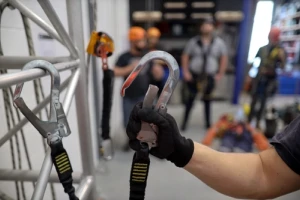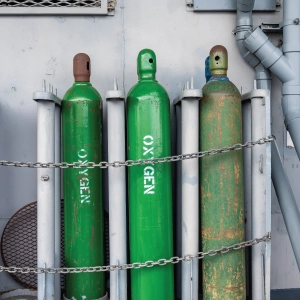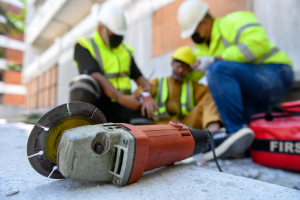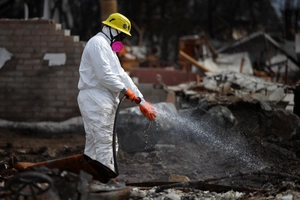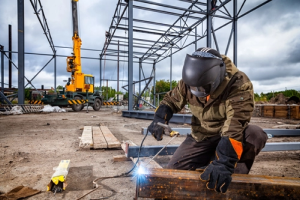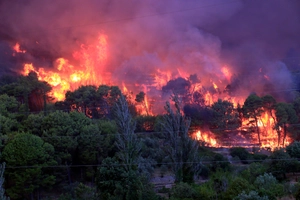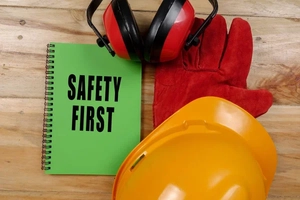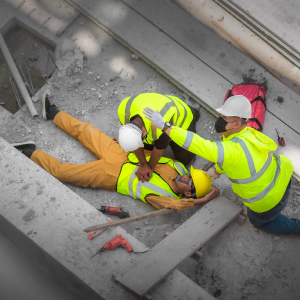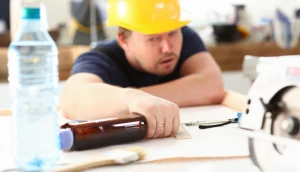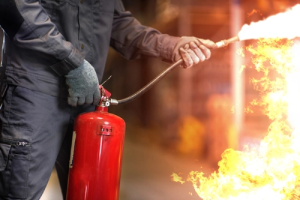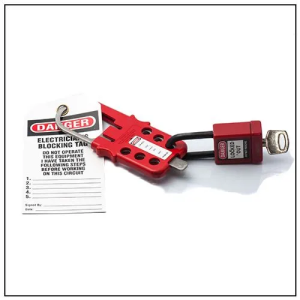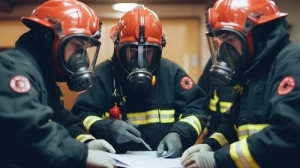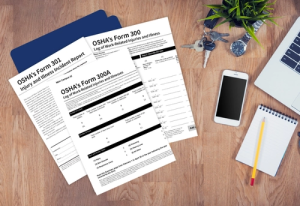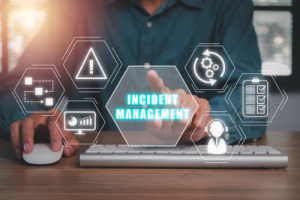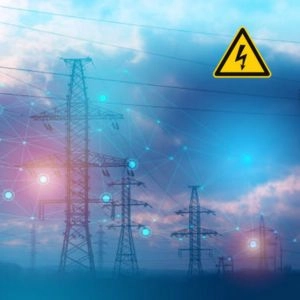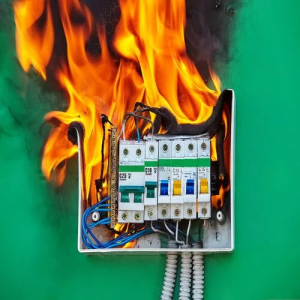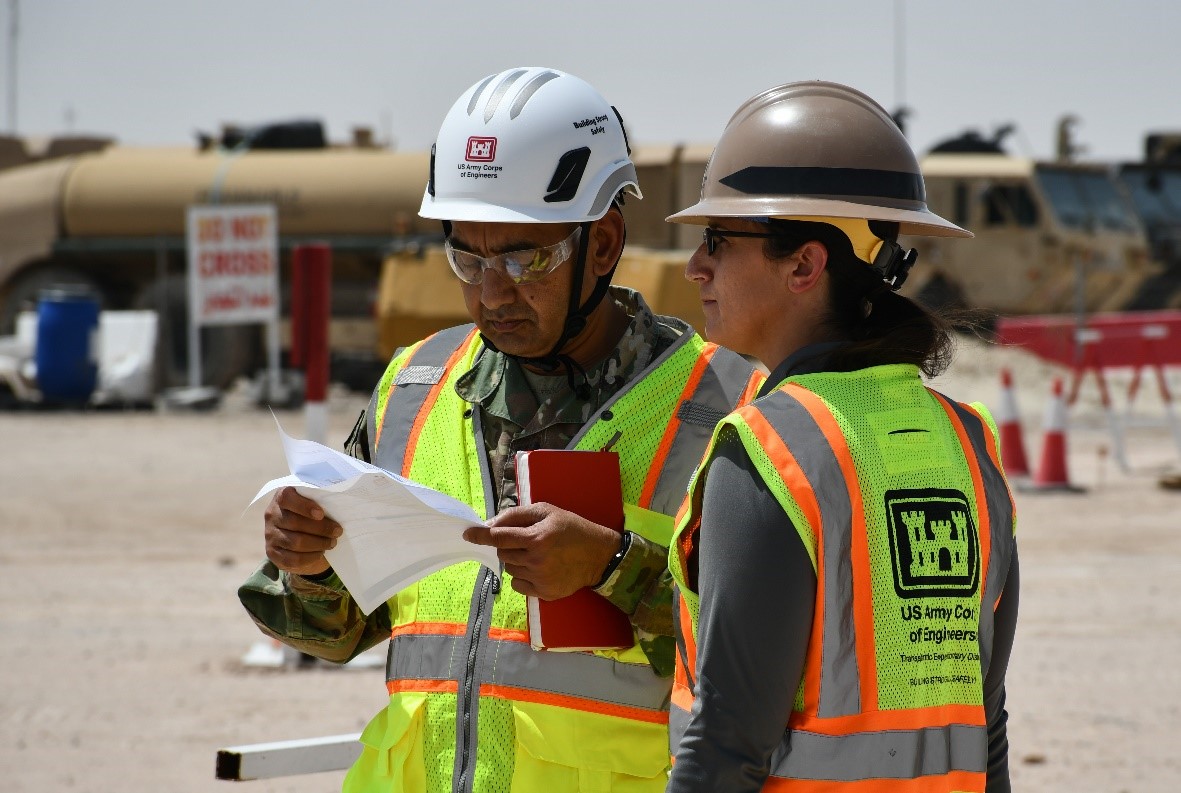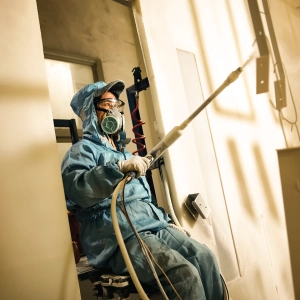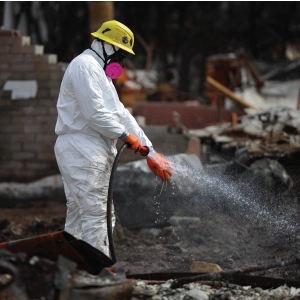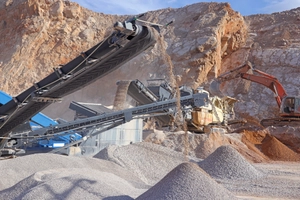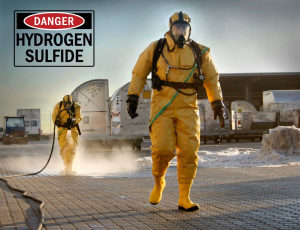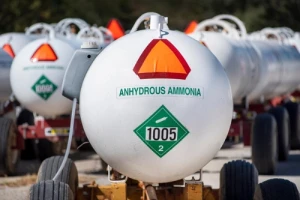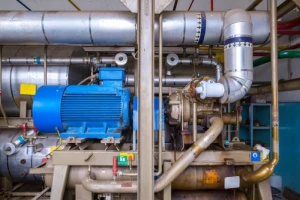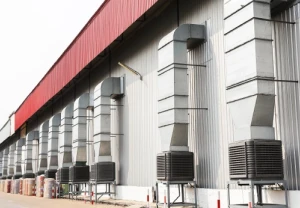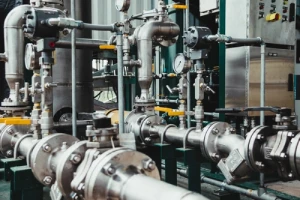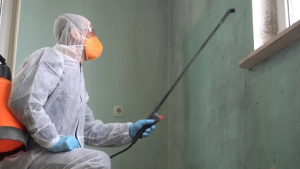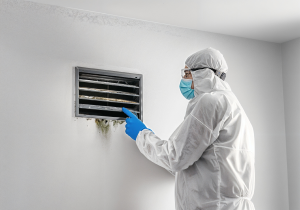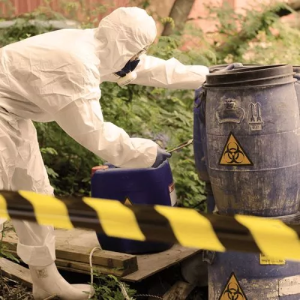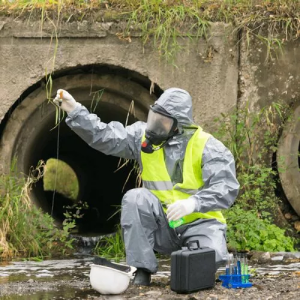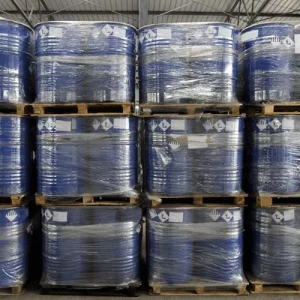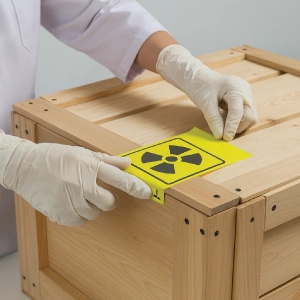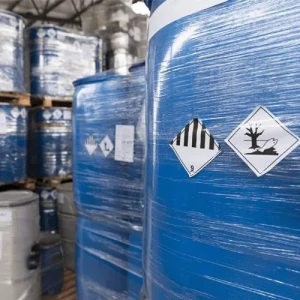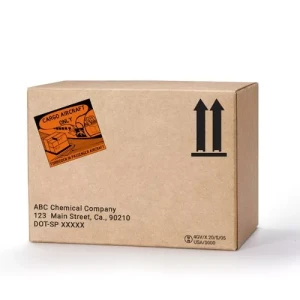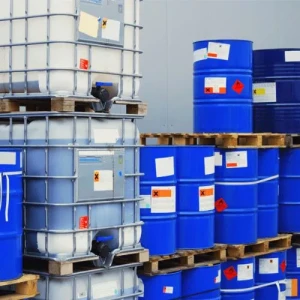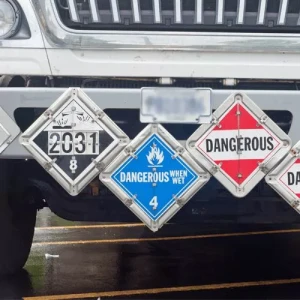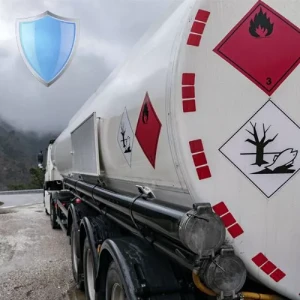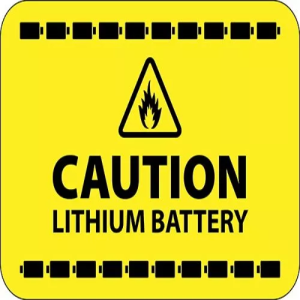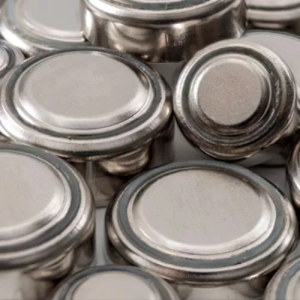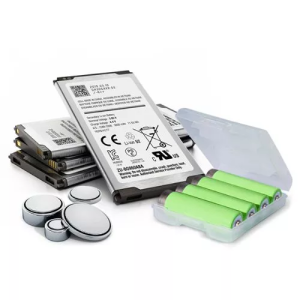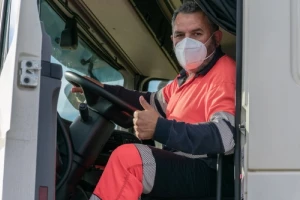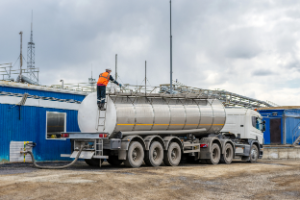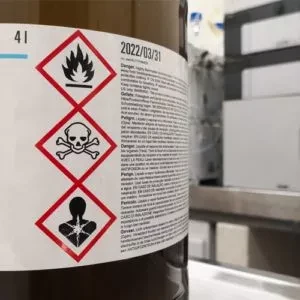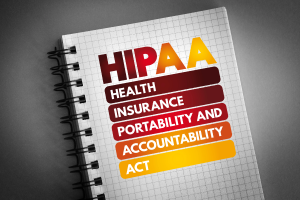Mold Inspector Certification for Prevention, Remediation, and Removal Training
- In accordance with Federal OSHA and EPA Guidelines, and IAC2 Mold Inspection Standards of Practice
- Available in:
 English |
English |  Español
Español - Learn on your own schedule, from any location, on any device
- Engage with audio narration for on-the-go study
- Choose from SCORM-ready, on-demand digital, virtual instructor sessions, or on-site course offerings
0.6
Bulk Buying
| Employee | Per Seat |
|---|---|
| 2-10 | $326.69 |
| 11-20 | $313.49 |
| 21-50 | $296.99 |
| 51-100 | $280.49 |
| 101-250 | $263.99 |
Course Facts
Training Duration
Learning Type
Course Access Validity
Device Support
Certificate Validity
Mold inspection is a specialized practice that extends beyond a general home inspection. This Mold Inspection Certification Training Course defines industry best practices for professional mold inspections. Learners gain the skills needed to identify, document, and assess potential mold growth. Training emphasizes structured visual inspections and proper mold sampling techniques.
This Mold Remediator Inspection Training explains the science, characteristics, and causes of indoor mold growth. Learners identify moisture intrusion and building conditions that promote mold development. The training addresses health risks and structural damage associated with mold exposure. Participants learn inspection and testing procedures before and after remediation.
The U.S. Environmental Protection Agency (EPA) and the Occupational Safety and Health Administration (OSHA) does not regulate indoor mold or airborne mold spores. No federal or state threshold limits exist for interpreting mold sampling results. Federal and state laws do not mandate specific mold sampling procedures. This training explains how inspectors operate within these regulatory limitations.
However, the International Association of Certified Indoor Air Consultants (IAC2) has developed a set of accepted and best practices in the industry based on research. Compiled into the IAC2 Mold Inspection Standards of Practice, this guides and directs mold inspection procedures considering the health and safety of both building occupants and the personnel conducting the mold inspections.
Who Needs This Mold Inspection Certification Training?
- Residential home inspectors expanding inspection services to include mold assessment.
- Commercial property inspectors evaluating indoor environmental and moisture conditions.
- Environmental health and safety professionals specializing in indoor air quality and mold exposure.
- Public health and housing professionals involved in environmental compliance and risk assessment.
- Building managers overseeing residential, commercial, or institutional property maintenance.
- Facility managers responsible for schools, healthcare facilities, and office buildings.
- Maintenance personnel and custodial staff managing water damage and moisture control.
- Mold remediation professionals performing inspection, cleanup, and post-remediation verification.
- General contractors and restoration professionals working on water-damaged structures.
- Property managers responsible for tenant safety and habitability standards.
- Professionals entering mold inspection or advancing careers in environmental and building safety.
Why Choose Our Mold Inspection Training?
- Gain practical, real-world mold inspection skills applicable to residential and commercial properties.
- Receive comprehensive coverage of mold prevention, remediation, and removal in one course.
- Train in accordance with Federal OSHA and EPA guidelines and IAC2 Mold Inspection Standards of Practice.
- Access flexible online training designed for busy working professionals.
- Expand career opportunities across inspection, restoration, and property management fields.
Mold Inspector Certification for Prevention, Remediation, and Removal Training Course Syllabus
This Certified Mold Inspector course consists of 8 modules and 22 lessons. Students are required to take each lesson in sequential order as listed below.
Introduction
Module 1: IAC2 Mold Inspection Standards
Introduces the IAC2 Mold Inspection Standards of Practice and teaches learners how to conduct mold inspections using these guidelines. The module explores the structure, purpose, and application of the Standards while explaining inspector responsibilities. Learners will also differentiate between Complete Mold Inspections and Limited Mold Inspections.
- Lesson 1: Types of Mold Inspections
- Lesson 2: IAC2 Mold Inspection Standards
Module 2: Understanding Mold and Mold Hazards
Learn what mold is and how it exists in both indoor and outdoor environments. Explore the health effects of mold exposure, including symptoms, infections, and contaminants. Understand mycotoxins, Organic Dust Toxic Syndrome (ODTS), Hypersensitivity Pneumonitis (HP), and the correct use of personal protective equipment (PPE).
- Lesson 3: What is Mold?
- Lesson 4: Negative Health Effects and Mold
Module 3: Exploring Mold Growth
Gain insights into mold growth and the conditions that support it. Learn to identify areas in a building where mold is most likely to develop. Understand building science principles to recognize, prevent, and mitigate fungal growth effectively. Explore techniques for discovering mold and locating both common and hidden problem areas within structures.
- Lesson 5: What Mold Needs to Grow
- Lesson 6: Building Science and Mold
- Lesson 7: Finding Mold in Buildings
Module 4: Mold Inspection Tools and PPE
Inspectors must use the appropriate tools and equipment to ensure a thorough mold assessment. Explore the range of devices used to collect mold spores or contaminated materials for analysis. Learn about commonly used sampling methods and how to select the right equipment for each inspection. Understand the importance of wearing proper personal protective equipment (PPE) and the recommended types to minimize exposure to mold-related hazards.
- Lesson 8: Mold Inspection Tools
- Lesson 9: Sampling Devices
- Lesson 10: Personal Protective Equipment
Module 5: Mold Sampling Procedures
Learn the process of forming hypotheses in mold inspections and the four types of hypotheses related to indoor fungi. Understand the importance of air sampling, including methods for collecting samples from different areas and using results to identify health risks and guide remediation. Explore surface sampling procedures and the key factors to consider when inspecting contaminated or suspect materials.
- Lesson 11: Hypotheses
- Lesson 12: Air Sampling
- Lesson 13: Surface Sampling
Module 6: Mold Inspection and Reporting
Examine the framework for organizing, executing, and concluding mold inspections. Learn the structure and contents of laboratory reports and their significance in inspections. Understand the essential components of a lab report and how to interpret results accurately. Explore the sections of a mold inspection report and the key information that should be included in each.
- Lesson 14: Steps of a Mold Inspection
- Lesson 15: Interpretation of Lab Results
- Lesson 16: Mold Inspection Report
Module 7: Mold Containment, Remediation, and Prevention
Examine the framework for organizing, executing, and concluding mold inspections. Learn the structure and contents of laboratory reports and their significance in inspections. Understand the essential components of a lab report and how to interpret results accurately. Explore the sections of a mold inspection report and the key information that should be included in each.
- Lesson 17: Mold Containment Methods
- Lesson 18: Mold Remediation
- Lesson 19: Mold Remediation Guidelines
- Lesson 20: Remediation Clearance Inspection
- Lesson 21: Preventing Mold Growth
Module 8: Mold Inspection Documents
Explore the essential documents that mold inspectors must have during inspections. Understand the significance of proper documentation in ensuring thorough and accurate assessments. Learn why having access to these critical documents supports comprehensive and professional mold inspections.
- Lesson 22: Vital Documents
Final Examination
Frequently Asked Questions
Our Mold Inspection Certification course is developed in line with the IAC2 Mold Inspection Standards of Practice. The guidelines can be reviewed here.
The mold inspection training is important because it provides individuals with the necessary knowledge and skills to identify and assess mold growth in indoor environments.
This certification ensures that inspectors are equipped to evaluate potential health hazards associated with mold, understand proper sampling techniques, and recommend appropriate remediation measures. Ultimately, the course helps protect public health and ensures that mold inspections are conducted accurately and professionally.
- Gain practical, real-world mold inspection skills applicable to residential and commercial properties.
- Receive comprehensive coverage of mold prevention, remediation, and removal in one course.
- Train in accordance with Federal OSHA and EPA guidelines and IAC2 Mold Inspection Standards of Practice.
- Access flexible online training designed for busy working professionals.
- Expand career opportunities across inspection, restoration, and property management fields.
- People planning to become Mold Inspectors
- Property managers: If you manage rental properties, this training can help you prevent and address mold problems.
- Environmental professionals: If you work in the environmental field, this training can help you identify and assess mold problems.
- Real estate agents: If you're selling or buying a home, this training can help you identify and assess any mold problems.
It is recommended that refresher training be undertaken every three years. This will ensure that mold inspectors and others exposed to mold stay up to date on the latest trends and best practices, be able to fill in any gaps in their knowledge and enhance their skills over time.
Certificate of Completion: Immediately after passing the final exam, you can download, save, or print your certificate in PDF format.
Validity: The course certificate is valid for three years.
Renewal: Simply take this course in 36 months to stay up to date on mold inspection and remediation best practices.
COURSE OBJECTIVES
Course Objectives
After course completion the learner will be able to:
- Understand the concept of mold, its characteristics, and the potential health effects associated with mold exposure.
- Comprehend the IAC2 Mold Inspection Standards of Practice and their guidelines for conducting mold inspections.
- Acquire knowledge of the conditions required for mold growth and how to perform a visual examination of a building to identify mold.
- Learn to utilize the IAC2 Mold Sampling Decision Chart.
- Understand the proper use of tools, equipment, and personal protective equipment (PPE) in mold inspections.
- Develop the skill of hypotheses development and gain knowledge about building science, moisture, and sampling devices and procedures.
- Learn effective documentation techniques for mold inspection work.
- Develop the ability to interpret laboratory results in the context of mold inspections.
- Gain knowledge of mold remediation techniques and best practices.
- Develop report writing skills for documenting mold inspection findings.
- Understand preventive measures and strategies to prevent mold growth in buildings.
Choose Your Ideal Training Format:



Virtual Instructor-Led
$419.00/Seat (minimum 10 seats)

Client-Site In-Person
$1,095.00/Seat (minimum 10 seats)
I’m glad I took this mold inspection certification training course. I feel more prepared to take on my new role as a building manager.
The ROI of Online Safety Training
Discover the value of our efficient alternative to live training, and calculate your return on investment.


Recommended Courses
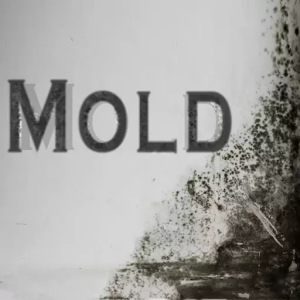

For Corporate Orders and Inquiries please reach out to our sales team at (310) 498-0546
By signing up you agree to receive marketing emails.
Be assured we will never spam you!
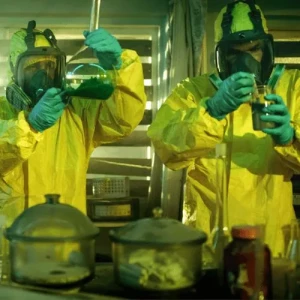
 EN |
EN |  ES
ES